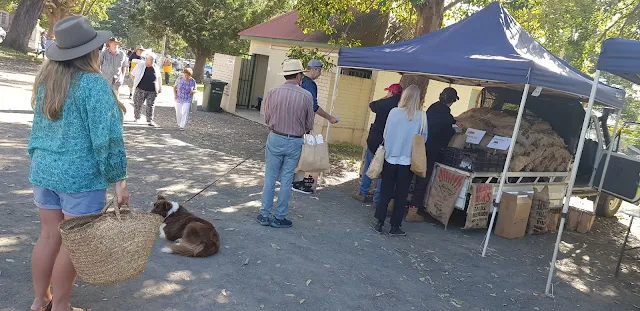I remember for many weeks after Covid arrived on our shores in 2020, Aussies were advised it was not necessary to wear face masks by the leading medical bureaucrats and elected political leaders in Canberra.
The same people were stating it was okay to receive Astra Zeneca anti-Covid vaccines as recently as the first week of April 2021. Now they have changed their minds.
For many months, both State and Federal leaders in Australia have regularly sought refuge in their repeated statements "according to our best medical advice" .
The public by now cannot be that patient with possible wool pulled over our eyes. Changing positions on significant Covid related matters by our medical and political "leaders" can undermine our long suffering patience, trust and belief in their varying pronouncements.
There was wavering uncertainty on how the Coronavirus spreads from human to human - aerosal spray projectiles or they remaining on surfaces?
As Covid 19 raged through our Earth, it is evident that authorities in various nations are not sure of several perspectives in controlling this pandemic, or of how the Coronavirus will do next, or of how far the selected vaccines can mitigate this problem.
It will be refreshing if authorities tell us they do not really know or not sure - and we will respect them for this.
Currently available anti-Covid vaccines promise minimising the risks of having symptoms of Covid, but do not mean those vaccinated cannot still catch the infection.
If the push for mass vaccination is to build up effective herd immunity for society, such vaccination roll outs must occur within a short frame of time and the percentage of completed jabs must reach a majority of the population. Any reasons for a much delayed process in completing target vaccinations reduce the chances of achieving such herd immunity.
Herd immunity to me is just the Coronavirus no longer finding sufficient human hosts to replicate, a necessary step in our battle with Covid 19.
The public will appreciate that economy, business and financial activity is paramount, along efforts to minimise the spread of Covid 19.
However, vaccinations are not manna to resolve the matter - they are only one of a set of mindful measures still required to be practised by vaccinated people, like social distancing and face mask wearing in crowds, plus the simple practice of washing hands when coming home.
Even when I receive my annual common flu jab, I accept that I can still catch this kind of cold, only with lowered risks, but I am aware that I can still spread the flu to others who are in close contact with me. So I am mindful to sneeze in the small of my left elbow.
In our so called tolerant society, we also respect individuals who, for various reasons, choose not to be vaccinated. There can be a disturbing trend when governments impose restrictions in movements for those not vaccinated, like not being able to fly, join in certain community activities or enter selected venues. People who are vaccinated or not vaccinated can all still be infected with Covid 19 and be infectious.
Most of the anti-Covid vaccinations available today require two doses. This points to an urgent need in Australia (as opposed to the UK) to improve the process of mass vaccinating people as encouraged by the government.
Yet we cannot deny that the science and technology of most of these vaccines are new. These vaccines have been introduced under emergency health conditions - and not being subject to longer due diligence periods.
Covid 19 will continue to mutate its strains - just like for the common flu, I require an upgraded vaccine every year to counter this development.
Governments must emphasise improving the mass jabbing procedures for Covid 19 on a timely basis if it is required to be carried out every year.
Maybe future anti-Covid vaccinations can be intranasal or oral instead of getting the conventional shot in the arm.
Finally I have a lingering unanswered question - how did the so called Spanish Flu virus die out, even with no applicable vaccines?
#yongkevthoughts












